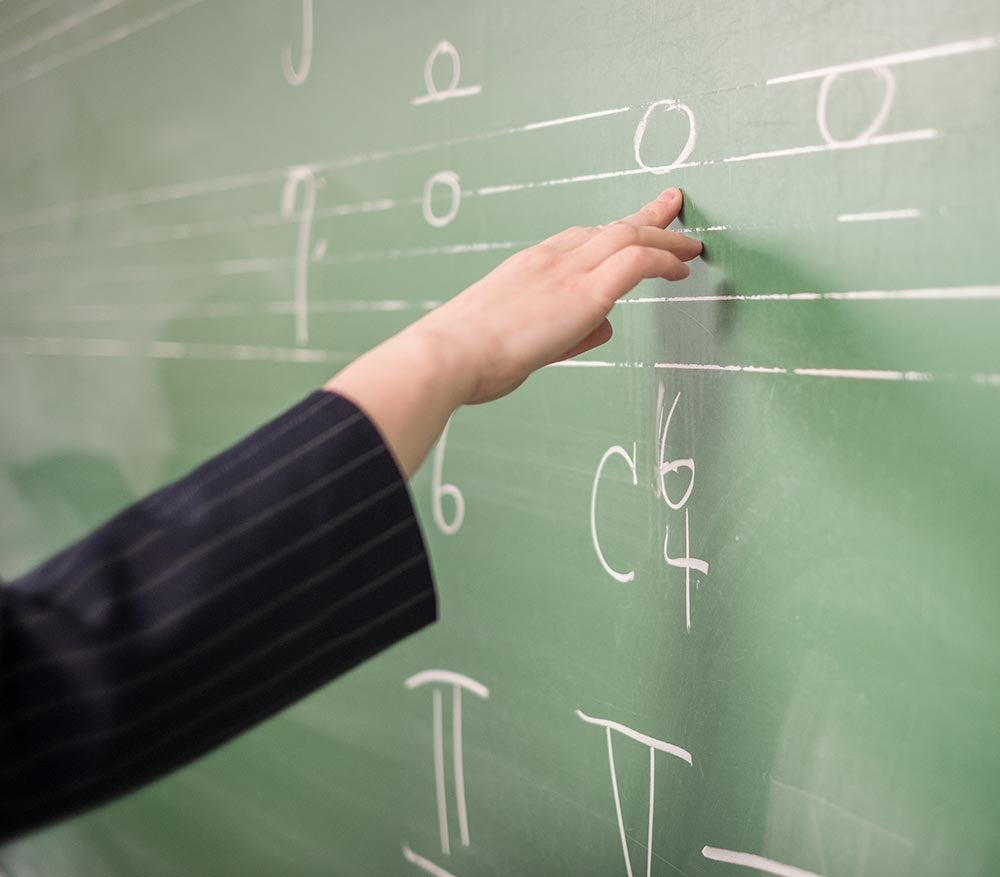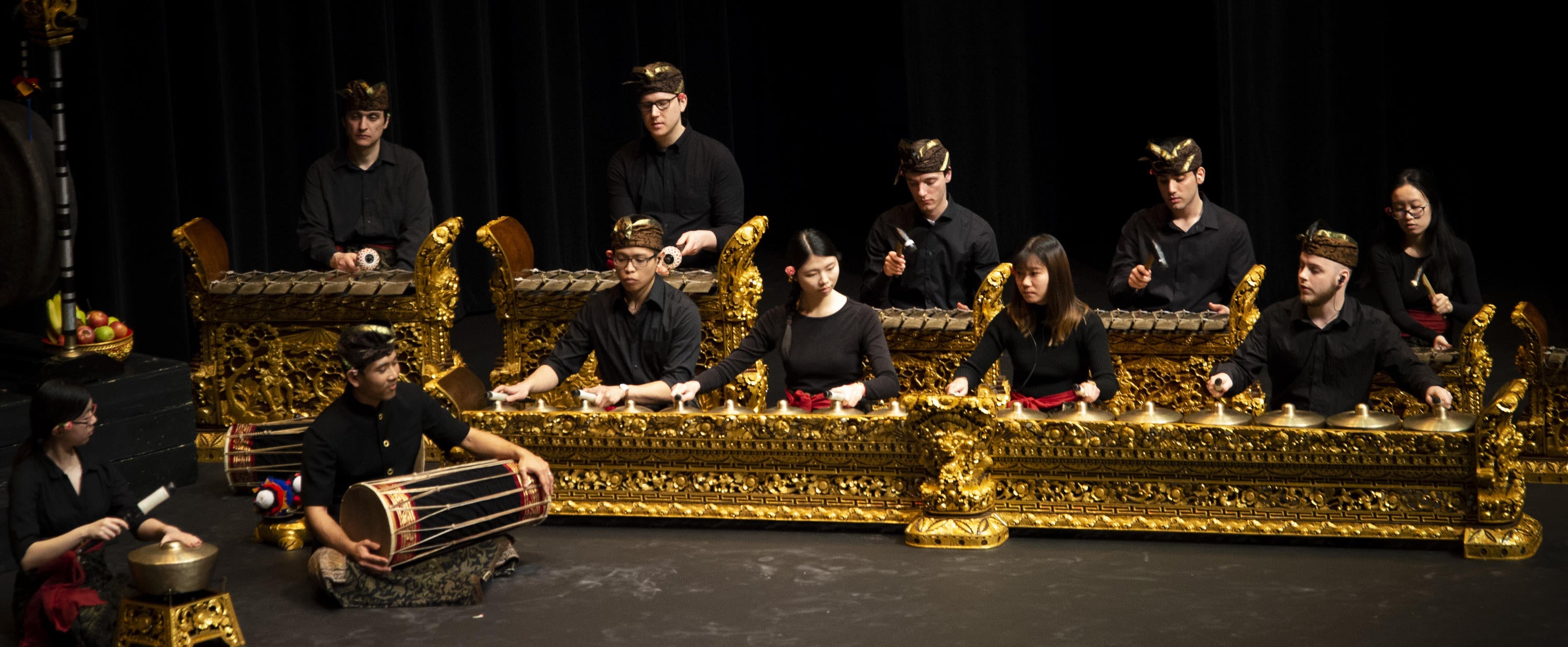Music and Mathematics have been connected disciplines in the minds of psychologists and neuroscientists for years. An increasing number of studies have been carried out to link the effects of music on mathematical skills and vice versa. Many of these studies have found correlations between above-average musical abilities and above-average math performance.
A study published in the Journal of Mathematics Education found that math and music activate some of the same areas of the brain, suggesting that music and math overlap academically. Anita Chen, a Mathematics/Financial Analysis and Risk Management student minoring in Music at the University of Waterloo, interacts with both disciplines on a regular basis. She has often noticed that math and music complement each other in ways that have led to her personal growth. “Math and Music is a marriage of practicality and spirituality that nourishes my development as a whole person.”

A study published in The Neurosciences and Music III – Disorders and Plasticity suggested that musical training heightens skills in executive functioning, including planning, focusing attention, and juggling tasks. These skills are transferable to many modern work environments. “Daily practice is a skill that I've picked up during my piano studio course that is tremendously important in both math and music,” Anita explained. “Another skill that I’ve gained in music is to be confident. I use this skill a lot whenever I have to perform piano. This skill has helped me in other scenarios, such as interviews, presentations, or conversations with important people.” Anita noted that she’ll have more career opportunities after she graduates because she has gained skills from both music and math.
Nicholas Wong, a Statistics and Music Joint Honours student, commented on another benefit of studying math and music together. “I think both programs are very different. One focuses on the realistic side, while the other focuses on the artistic side. The combination balances everything.” Nicholas also mentioned that math and music require different approaches to education, which have kept his studies interesting.
Evidence that music and math are a complementary pair can be found in scientific studies and real-life experiences, the music of historic composers and the lives of current students. It’s no wonder that Math students represent the largest group of students outside of the Faculty of Arts who are involved in the Music Department at Grebel and Waterloo—approximately 20% of music course and ensemble enrolments come from Math students. But music can complement any program at the University of Waterloo! With eight musical ensembles to join and various music courses to take, Waterloo students have many ways to integrate music into their degrees to diversify and balance their studies.
By Katrina Steckle, Conrad Grebel University College
